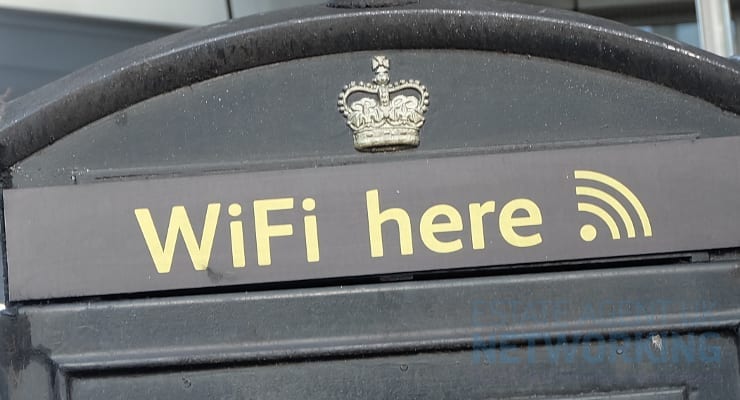Top Broadband Tips for Students
We can barely imagine how university was before the internet, before you could stalk all your classmates across social media prior to even meeting them, before you could download ebooks in seconds, without ever having to darken the doors of the library. But unlike your other utilities, the WiFi won’t simply run from the taps when you first move into your student house. You will have to find a suitable provider in your area, that can offer you the speeds that you require before being able to connect. Luckily, nowadays we can quickly and easily search internet availability by address to find service providers locally to choose from. More likely than not you’ll have to arrange the tariff yourself, compare Mbps and monthly bills, and get all your housemates on board.
Before you phone your dad for help, check out the following tips for finding the best broadband deal for your student house.
1. Opt for Superfast Speeds
When searching for a broadband tariff, you’ll want speeds fast enough to support not only your Netflix binge-watching habit but also your housemates’ simultaneous TV marathons. Because speeds, which are really bandwidth, are divided amongst all users on a connection, you’ll need a superfast (that’s speeds greater than 24 Mbps) fibre or cable connection in most student houses. Opt for lightning speed and you’ll all be able to comfortably stream HD video, game online, and Skype those hometown sweethearts (for the first three weeks of term).
2. Accept You’ll Probably Have to Pay Line Rental
There probably isn’t a single student household in Britain with a working landline phone but your broadband package will almost certainly include line rental for one. Trying to avoid line rental charges—such as with a Virgin Media cable connection or experimenting with mobile broadband at home—won’t save you money. Luckily, the price of line rental is now included in the total quoted for broadband, so you won’t be hit with hidden fees.
3. Consider a Student Broadband Contract—but Explore Other Options Too
Most broadband contracts last at least a year, but many students only occupy their student house during term before jetting off to Thailand/Benidorm/their parents’ house for the summer. BT and Virgin offer special 9-month broadband tariffs for anyone who balks at paying for internet for a house they’ve vacated. These student broadband tariffs are generally available between July and October with a student ID. However, you should do the maths before committing because one of these deals may be more expensive over nine months than a regular tariff from a budget provider is for 12 months. You could also consider a no-contract broadband deal from Virgin, NOW TV, or Plusnet and cancel it when the term ends. But be aware that no-contract isn’t entirely commitment free: these broadband deals operate on a 30-day rolling basis and require notice to sever—and you’ll often pay more per month for the flexibility they offer.
4. Decide Who’s on the Bill and Divide Up Utilities
Most internet providers only allow one name on a broadband bill and that person is then legally responsible for paying it. Make sure you pick someone reliable and then set up a direct debit from their bank account so the bill is paid on time and WiFi doesn’t evaporate. A popular way of dividing up bills in a student household is to assign each tenant a utility—broadband, water, and energy—and then calculate what you owe each other each month, possibly using a bill sharing app like Splitwise.
5. Arrange in Advance
It usually takes two weeks for an internet connection to be activated. A new Virgin cable connection can take up to six weeks. So make sure you compare broadband tariffs over the summer and arrange the contract before the term starts. You don’t want to be living in the Dark Ages before Instagram and downloadable lecture slides the first two weeks of uni.
6. Consider Bundles
If you’re interested in subscription TV for your student house, bundling it with your internet can trim costs and reduce hassle. And with the ability to subscribe to and pay for streaming services like Netflix now standard with TV bundles, you can meet all your entertainment needs with one bill.
7. Try Mobile Broadband on the Go
Mobile broadband likely won’t offer the speed and download allowances your internet-hungry student household needs but if you find yourself writing essays and finishing problem sets on the fly, you might want to consider a mobile broadband device, such as a dongle or personal WiFi hotspot for yourself. You’ll be able to connect to the web wherever you have mobile phone service, be it the train, the park, or the cafe down the road.









